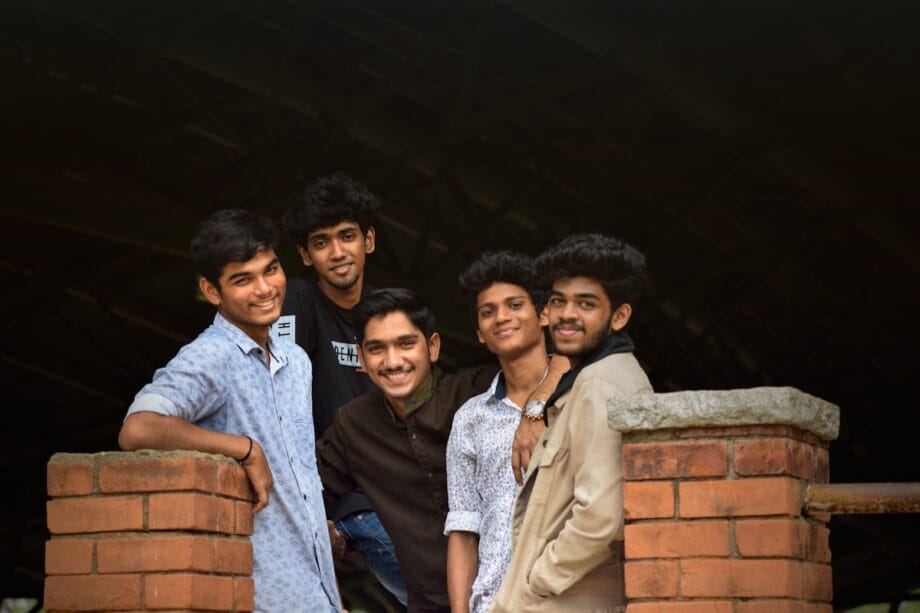Mohandas Pai Defends Narayana Murthy’s Remarks on Work Hours for Young Innovators
In a robust defense of Narayana Murthy’s contentious assertions regarding extended working hours for India’s youth, Mohandas Pai, Chairman of Aarin Capital, clarified that these recommendations pertain exclusively to entrepreneurs and high-performing innovators, rather than the general workforce comprising government employees, retail staff, and office personnel.
Speaking to ET Now, Pai labeled the public outcry a “misunderstanding,” emphasizing that Murthy’s comments were aimed at founders, startup teams, and technology innovators striving to compete on an international level—particularly in contrast to China’s notorious 9-9-6 work culture, which entails employees voluntarily committing to 72 hours of work weekly.
Not Targeting Standard Workforce
Pai consistently asserted that Murthy’s message does not extend to the average workforce. This is aimed at a selected group of innovators striving to build unicorns. Ordinary employees are not being urged to work 70 hours.
No bank personnel or office workers are asked to do this, he stated. He argued that countries excelling in deep tech, artificial intelligence, and research and development thrive on motivated teams that work energetically—out of volition rather than compulsion.
Synergy of Hard Work and Smart Systems
Addressing criticisms claiming that growth should derive from efficient systems rather than prolonged hours, Pai contended that both elements are not mutually exclusive.
Indeed, smart systems are crucial. However, it’s imperative to recognize that founders in China and Silicon Valley are characterized by their industriousness.
If Indian startups aspire to compete, they must parallel that ambition, he articulated. He encouraged young innovators to strive for an entire year’s progress within a mere six months to retain competitive vitality globally.
Work-Life Balance for Entrepreneurs is Misinterpreted
Pai candidly expressed that for ambitious entrepreneurs, the conventional concept of work-life balance is “overrated.” He remarked, “You are driven by the imperative to forge something exceptional.
Choosing the entrepreneurial path entails significant effort. Fulfillment lies in outpacing the competition.” Nonetheless, he firmly dismissed the idea of imposing long working hours upon employees, emphasizing that enforcing a 9-9-6 schedule is both unethical and illegal.
Personal Choice in Career Path
In rebuttal to criticism aimed at Murthy, Pai pointed out that workers have the autonomy to disregard such advice. “No one is coercing you. If you prefer a 9-to-5 role or remote work, pursue that option. If aspiration is your goal, endeavor to push your limits.
This is fundamentally about personal choice,” he stated. Pai also defended Murthy against allegations of overlooking wage disparities, clarifying that the remarks were intended for entrepreneurs—not for salaried employees.
India’s Future Depends on Innovators

Pai underscored the pressing need for India to nurture “hundreds of thousands of innovators” in the wake of rapid global technological advancements—from artificial intelligence to quantum computing. “Entrepreneurs are the bedrock of job creation, value generation, and innovation.
Their work ethic plays a pivotal role in determining the nation’s future competitiveness,” he concluded. According to him, India’s technological landscape hinges on a small yet highly motivated cadre embracing a culture of intensive, self-driven work.
Source link: M.economictimes.com.






